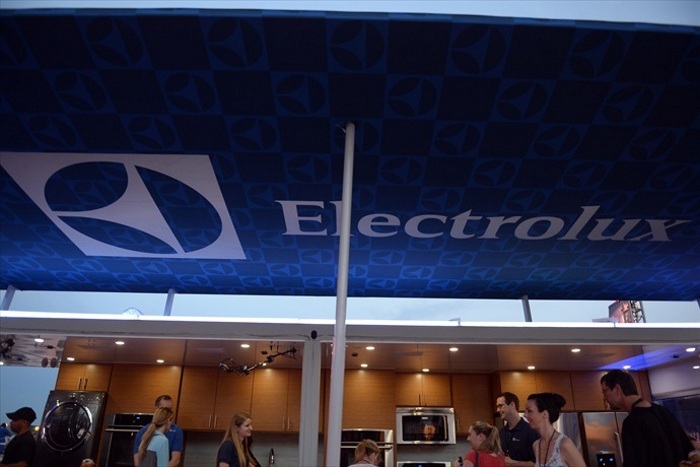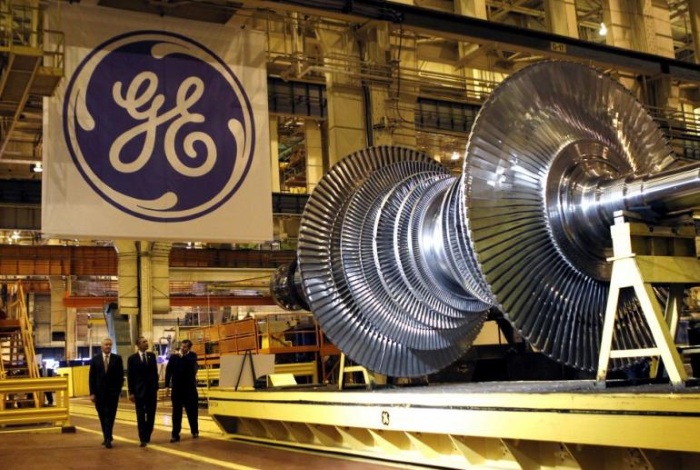Citing decreased sales, General Electric — a name synonymous with household appliances — will sell its consumer division to Swedish appliance maker Electrolux for $3.3 billion.

While this is the same division that invented the toaster in 1905 and went on to debut several highly successful lines of refrigerators, stoves, and laundry machines, it has struggled mightily in recent years to maintain consistent profit.
During this same time, the company has established solid footing in the manufacturing of industrial machinery, including aircraft engines, locomotives, gas-fired turbines, medical imaging equipment, and more.

The company has been so successful in making headway into these sectors that it made the decision this past week to give up on its appliance division altogether and sell it to Electrolux, which will continue marketing appliances under the GE brand in hopes of leveraging the company’s long history.
According to experts, the goal for GE is to provide investors with higher, more consistent, and more predictable profits. It might seem a bit surprising that a company so large and successful would make such an effort to please investors — especially when one considers that as recently as 2004 it was the biggest corporation in the world by market value. But in the last 10 years, shareholders have grown increasingly frustrated by the company’s underperformance on both the Dow Jones Industrial Average and broader stock indexes.
GE was able to bandage some of its financial bleeding by shuffling its portfolio around to shed unprofitable divisions or get into new, growing sectors. A good example of this was last seen in 2007, when the company sold its 95-year-old plastics division.
Now that the company is free of this particular albatross, it will focus on bigger, more complex, and significantly more profitable industrial equipment. Some technologies in this sector GE has been making for more than 100 years, such as power generators; others, like oil and gas drilling equipment, will be fairly new.
Christopher Glynn, an analyst at Oppenheimer & Co., says the company has the potential to show some of the strong results it was once famous for, adding the caveat that it will still take some time.
“It's still GE, it's still huge,” says Glynn. “But this is a viable reset.”
Story via phys.org
Advertisement
Learn more about GE EnergyGeneral Electric





